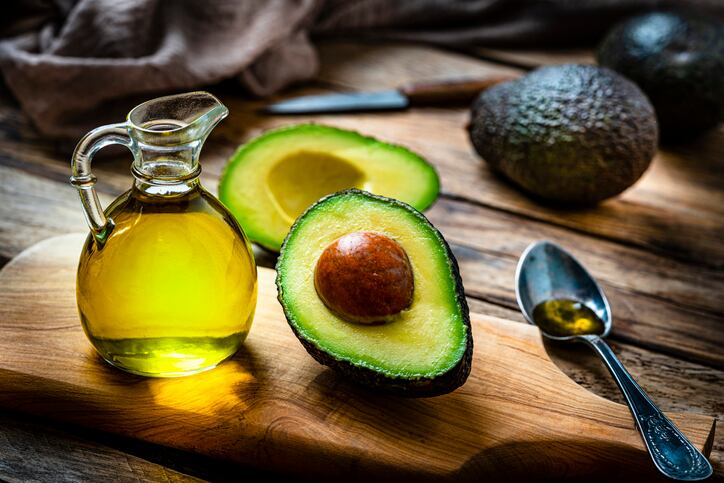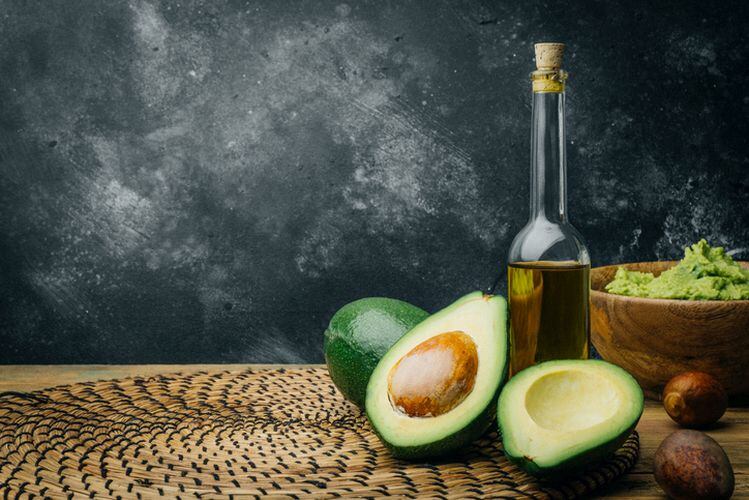The findings reinforce the need for regulatory standards for avocado oil to move forward, suggests study author Dr. Selina Wang, associate professor of cooperative extension, UC Davis Department of Food Science and Technology.
Further, the study confirms that there are still avocado oils on the market that have purity issues and/or lack truthful labeling.
However, there has been progress in development of avocado oil standards since the researchers’ first study in 2020, which found that four out of five samples were rancid or adulterated.
For instance, the Codex Alimentarius, an international set of food standards, now has a draft standard in the works for avocado oil, though it has not been finalized.
“My research group is working actively with the US delegation on recommending reasonable limits based on data we’ve collected,” Wang told FoodNavigator-USA.
In addition, an Avocado Oil Expert Group has commenced in collaboration with the American Oil Chemists’ Society, in an effort to “discuss potential standards and future research projects,” per UC Davis.
Fraud elimination would give buyers, consumers confidence
Development and enforcement of standards are crucial for reducing or eliminating fraudulent avocado oil products on the marketplace.
“Buyers will have an easier time to select suppliers without worrying about product purity,” according to Wang. “Consumers will have more confidence in the avocado oil they buy and in the entire avocado oil sector as a whole.”
Specifically, good standards would differentiate between adulterated and authentic products on the market and between low and high quality products.
“The market price for avocado oil is all over the place, largely due to fraudulent products,” Wang explained. “If standards are being enforced, the price of avocado oil should reflect the quality of the product.”
Namely, honest producers could fairly price their products and not need to price to compete with “unfair and unreasonable” fraudulent products.
“Fraudulent products have lower production costs, so suppliers can afford selling them at a lower price while still making a profit,” she said.
Two-thirds of tested avocado oils fail to meet advertised quality
Published online in the journal Food Control and slated for print publication in October, the study tested 36 private label avocado oils on the market from 19 retailers in the US and Canada, finding that just 31% of samples were pure and that 36% met the quality advertised.
The researchers measured fatty acids and sterols, among other components, to assess avocado oil purity, and evaluated quality by determining the oil’s freshness.
Some products labeled as “pure” contained other oils or additives, with lower-priced avocado oil products most likely to include other oils, though purchasing higher-priced options doesn't guarantee the products meet purity or quality measures.
Researchers additionally found certain chemical markers in avocado oil, which could be used by professional retail buyers to help them make informed decisions in selecting suppliers.
Good standards would apply geography, climate variances
Wang said that she is doing research to support an “inclusive” standard that would take into consideration natural variances in avocado oil production such as geographical origins, climate and cultivars.
“This includes analyzing the chemical composition of authentic avocado oil with aforementioned variables and developing faster, better and cheaper methods to allow rapid screening for quality and purity with confidence,” she concluded.




